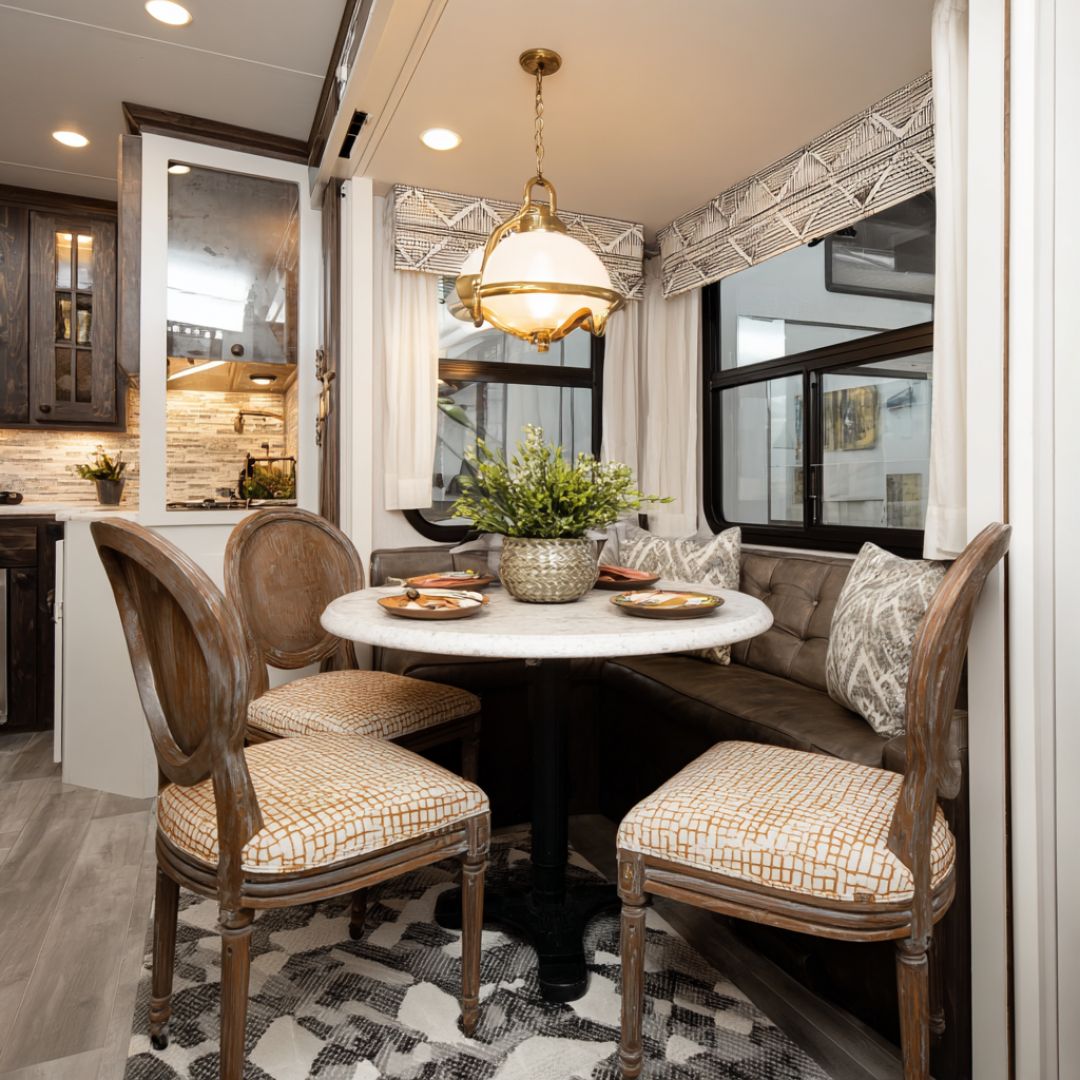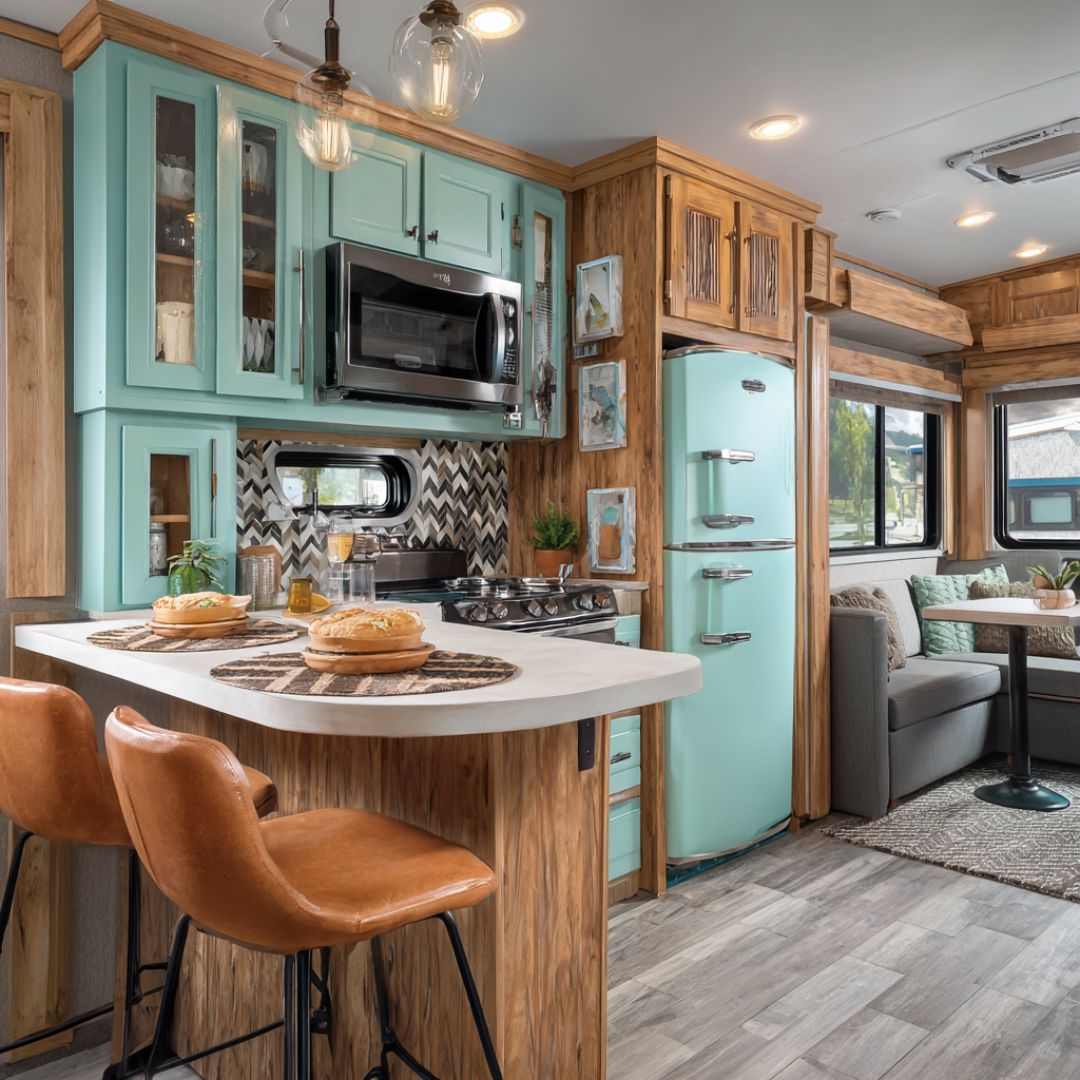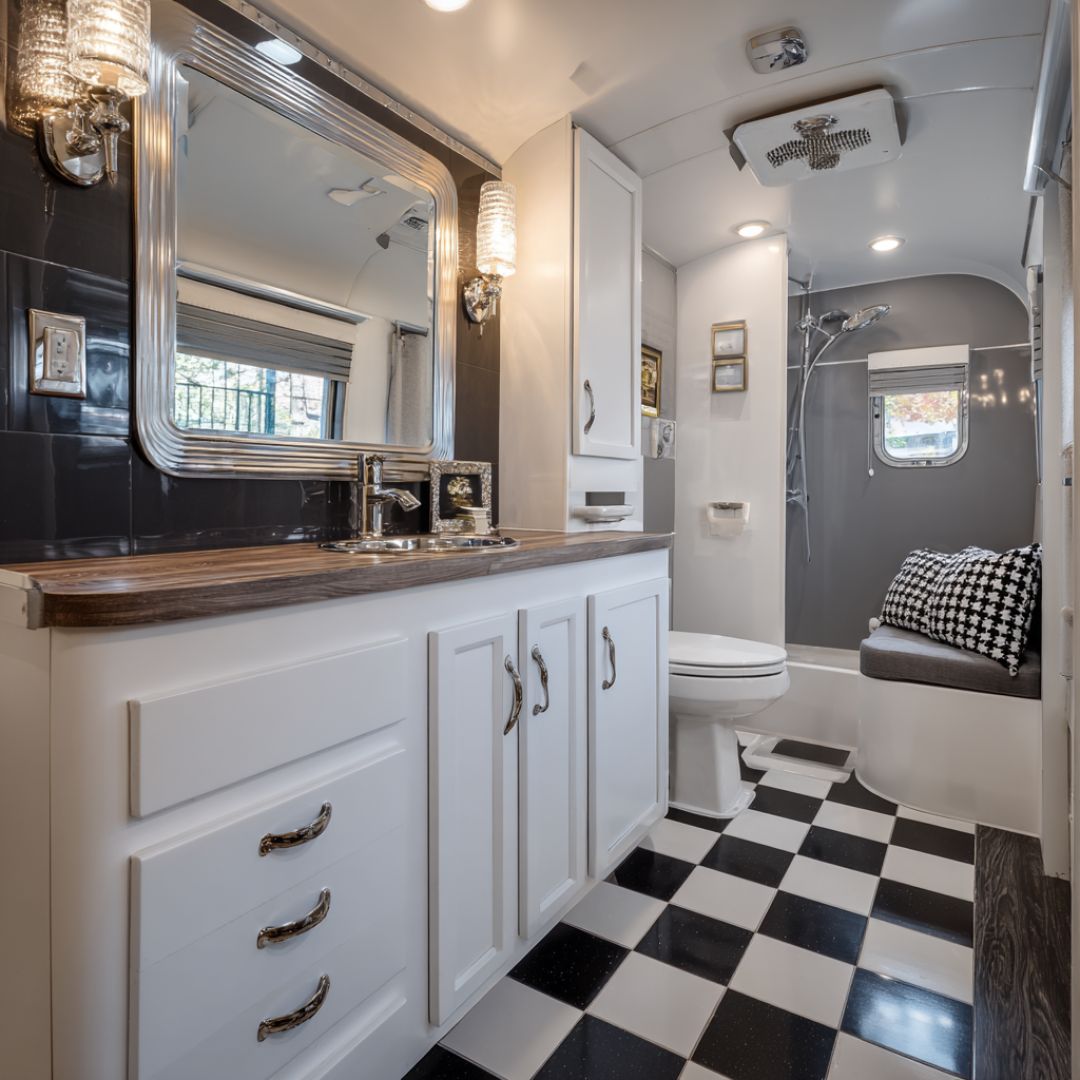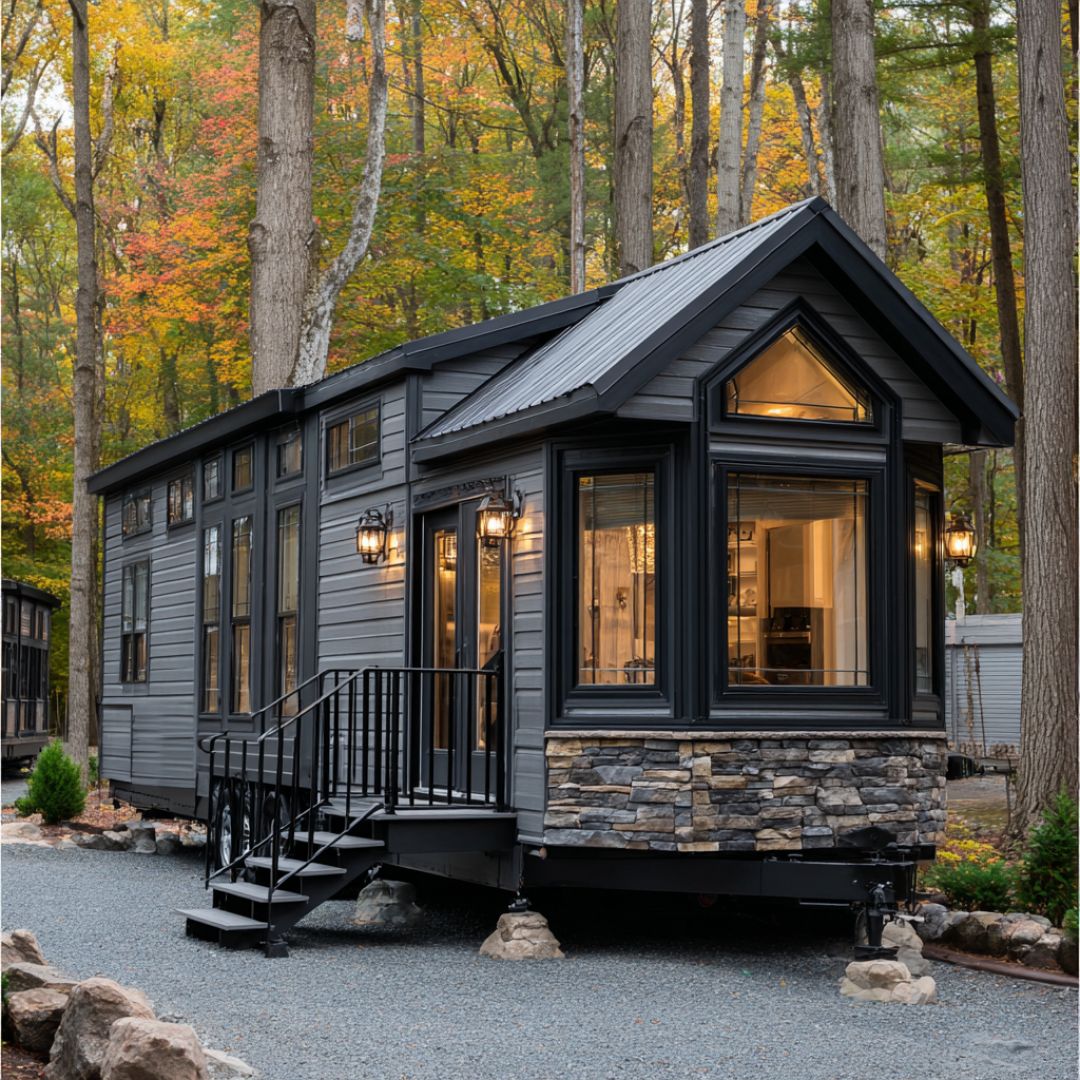James had once lived a steady, simple life. For years, his factory job paid the rent on a modest apartment and left him with just enough to enjoy the occasional dinner out or a weekend fishing trip. But when the factory shut down, everything changed. At first, he was confident he’d find another job quickly. But weeks of searching turned into months of rejection, and the steady ground beneath him began to crumble. Without income, savings dwindled. Soon after, his apartment was gone, and James found himself drifting between shelters and cold nights on park benches.
The fall was brutal. He carried the shame of homelessness like a heavy coat, avoiding the eyes of old friends, too embarrassed to admit how far he had fallen. Nights stretched long and cold, and days were spent trying to stay warm, to stay fed, to stay invisible. Hope slowly slipped away, leaving James convinced that he no longer had a place in the world.

Then came Henry, a local carpenter with weathered hands and a generous heart. Henry had seen James sitting often in the same spot at the edge of town. One morning, instead of walking past, he stopped and asked his story. James told him everything, his voice cracking as he admitted he felt like a ghost in his own life. Henry listened quietly and then said something that would change everything: “You need a home. I can build one.”
At first, James didn’t believe it. But Henry meant every word. With wood salvaged from old barns and the help of a few neighbors, he set to work. Weeks later, he brought James to a clearing in the woods where a small cabin stood waiting.
The cabin was beautiful in its simplicity—cedar siding glowing in the sunlight, a hand-built porch framed with carved railings, and a sturdy wooden door. It looked like it had grown right out of the forest. James’s heart raced as Henry pressed the key into his hand.
Inside, James was overwhelmed. Sunlight poured through wide windows, illuminating the smooth wooden walls and polished floors. A loft bed rested beneath the sloping ceiling, layered with soft quilts. Below, a snug sofa sat beside a wood-burning stove, ready to chase away the chill of long winter nights.
The kitchen was crafted with care: wooden counters sanded smooth, shelves neatly lined with dishes, and a small handmade table tucked into the corner beneath a window that looked out into the trees. For someone who had eaten meals out of plastic containers on park benches, the thought of cooking in his own kitchen felt miraculous.

The bathroom, though small, felt like a luxury hotel. Tiled walls gleamed, fixtures shone, and for the first time in months, James could imagine stepping into a hot shower without fear of being rushed or turned away.
What struck him most were the personal touches. Cabinet handles carved by Henry himself, a simple rug woven by a neighbor, a vase of fresh flowers on the table. On the counter sat a note in Henry’s handwriting: This is your home. Welcome back to life.
James sat down on the sofa, tears running down his face. He had expected four walls and a roof. What he had been given was dignity, safety, and hope.
In the weeks that followed, his life slowly shifted. He found work again—odd jobs at first, then steady carpentry alongside Henry. He planted herbs on the porch, filled the shelves with books and keepsakes, and each morning he woke to birdsong instead of traffic noise.
The tiny cabin in the woods was more than a shelter. It was a new beginning, built with compassion and kindness, proof that sometimes all it takes is one person’s hands and heart to rebuild another’s hope.


Leave a Reply